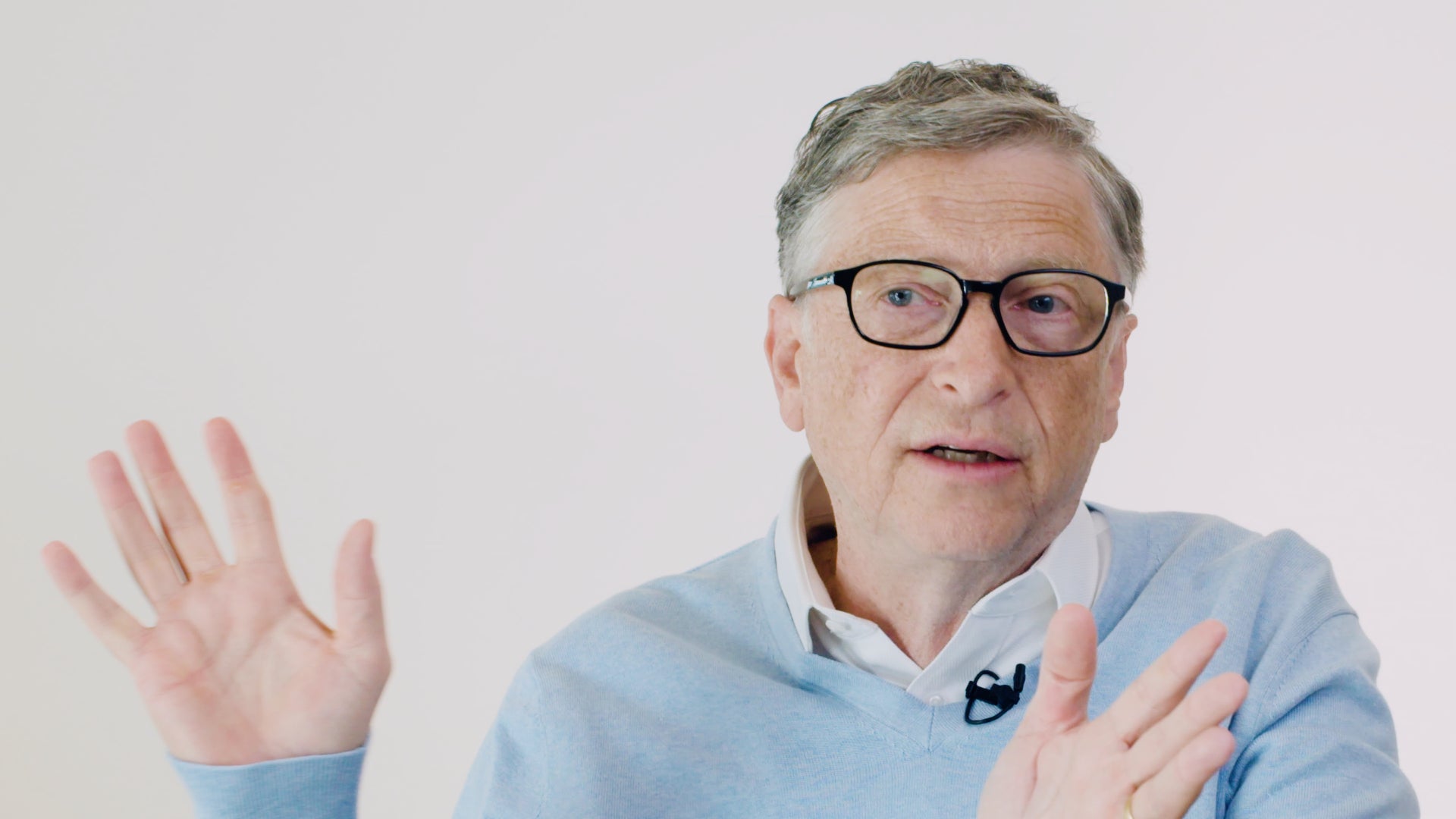Bill Gates on how to prevent the next pandemic
“If anything kills over 10 million people in the next few decades,” said Bill Gates in a 2015 TED Talk, “it’s most likely to be a highly infectious virus rather than a war.”


“If anything kills over 10 million people in the next few decades,” said Bill Gates in a 2015 TED Talk, “it’s most likely to be a highly infectious virus rather than a war.”
At the time, West Africa was battling a devastating Ebola outbreak that killed more than 11,000 people, and since then, covid-19 is thought to have taken the lives of millions globally.
Gates’ upcoming book is called How to Prevent the Next Pandemic, in which he says now is the time to begin planning, even as most countries are experiencing fatigue and eager to move on. His major rallying cry is that the world must be focused on preparing for pandemics, whether or not a disease is circulating.
Global Epidemic Response and Mobilization (GERM)
The key to preparing for future pandemics, according to Gates, is the creation of a Global Epidemic Response and Mobilization team, aptly abbreviated as GERM.
Recently he likened the team to firefighters, who prepare for emergencies before they have happened. While the GERM team focuses on disease monitoring, research, and development, countries must get on with the much-needed work of improving health systems.
Gates understands the limitations of the World Health Organization. “The WHO’s responsibility has not included having a significant full-time pandemic team,” he says.
While the initiative would have to be global, African countries would stand to benefit from increased disaster preparedness. “The inequities in access to health treatment are pretty stark between developing countries and upper income countries,” Gates adds.
Covid-19 devastated African economies
The pandemic cost the world tens of trillions of dollars. In most African countries, where the informal sector is the main source of employment for most, millions lost their jobs during lockdowns and times of curfew, with almost no social safety nets to fall back on.
“Because GERM is so cheap compared to the cost of this pandemic, it feels pretty obvious that we should do it,” Gates says. He estimates the cost of setting up this global mechanism in billions. That’s in contrast to the trillions that can potentially be lost in another pandemic similar to covid-19.
“The financing for GERM, the financing for the innovation, and even some of the financing for the health systems should come from rich countries, but I can’t guarantee it because they have so many priorities and the pandemic stretched their budgets in an extreme way,” Gates says.
For Africa, the benefits of increased disaster preparedness would be deeply felt given its comparatively weak health systems, lower budgets to fight health crises, and limited social and economic safety nets. If there is one lesson the continent learned from the pandemic, it’s that the inequalities that divide the world got starker in the face of crisis.
When the West prioritized vaccines for itself, or the continent was punished with whiplash travel bans when South African scientists notified the world about omicron, it was a reminder that even in disaster, the wealthy prevail.